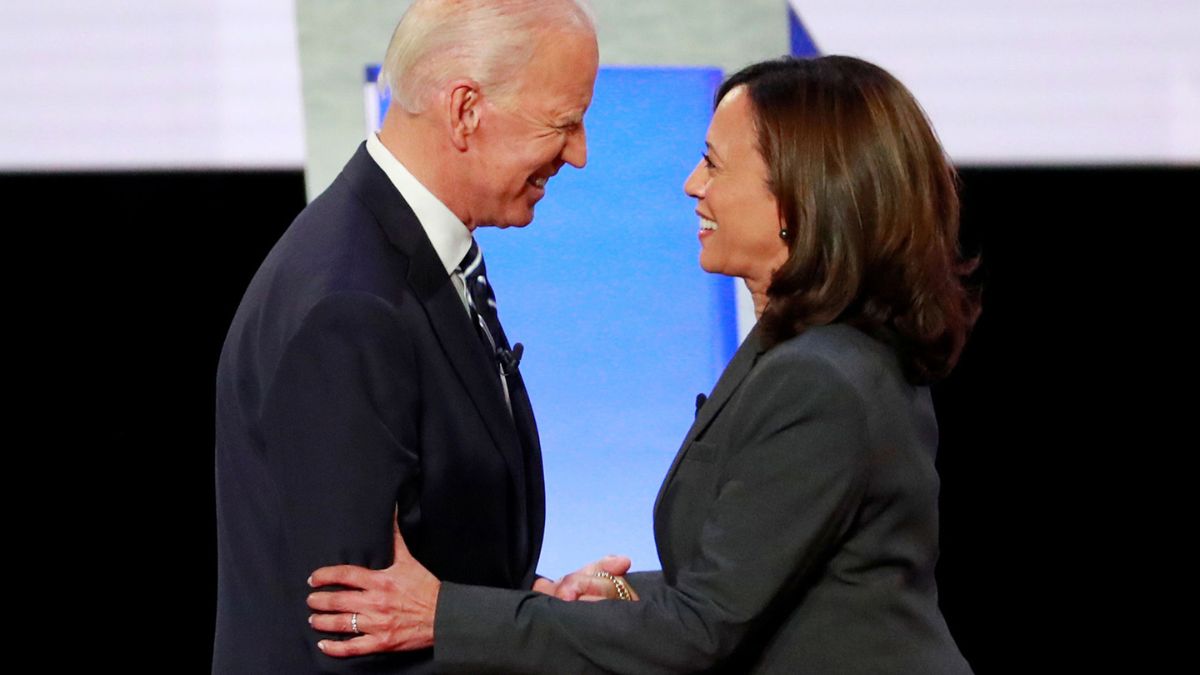Kamala Harris’s campaign is facing scrutiny for adopting what some critics are calling a “low-profile” strategy that echoes President Joe Biden’s 2020 campaign approach. Beverly Hallberg, a communications expert and media strategist, recently compared Harris’s current campaign tactics to Biden’s so-called “basement campaign” strategy, which was marked by limited in-person appearances and a reliance on virtual events.
During Biden’s 2020 campaign, he earned the nickname “Basement Joe” from opponents who claimed that his strategy of staying largely out of the public eye and avoiding large, in-person rallies was an attempt to minimize gaffes and media scrutiny. Instead, Biden focused on virtual outreach and smaller, controlled events, citing COVID-19 safety concerns as a primary reason for this approach.
Hallberg suggests that Harris is now employing a similar strategy, keeping a relatively low public profile and avoiding frequent, large-scale campaign events. “Harris’s campaign has been reminiscent of Biden’s basement strategy,” Hallberg remarked during a recent interview. “There’s a noticeable caution in her approach, with fewer public appearances and a reliance on tightly managed events.”
Supporters of this strategy argue that in the current political climate, where every word and action can be magnified and potentially misconstrued, a more controlled approach can be beneficial. They point to Biden’s eventual success in the 2020 election as evidence that a low-key, deliberate campaign can be effective, especially in a polarized environment where missteps can be costly.
However, critics, including Hallberg, argue that this approach may signal a lack of confidence or energy in the campaign, potentially giving the impression that Harris is avoiding tough questions or public scrutiny. They contend that to energize the base and appeal to undecided voters, Harris will need to engage more directly with the public and participate in more open, dynamic campaign events.
The comparison to Biden’s 2020 campaign raises questions about whether the same strategy can be as effective in the current election cycle. Biden’s victory in 2020 was partly attributed to the unique circumstances of the COVID-19 pandemic, which reshaped how campaigns were conducted. As the political landscape evolves, it remains to be seen whether a similar approach will resonate with voters this time around.


